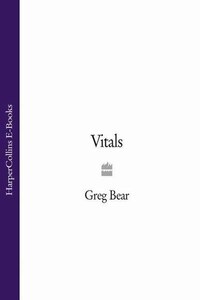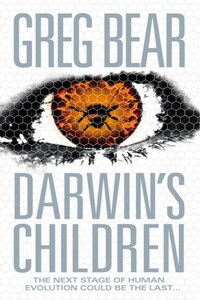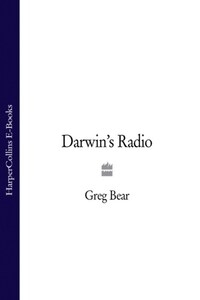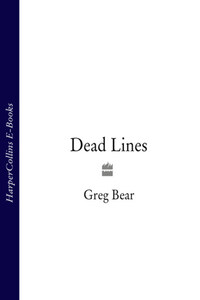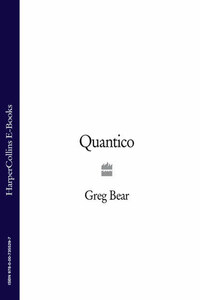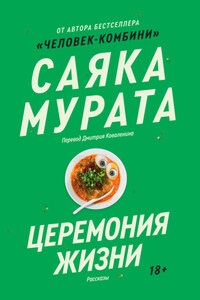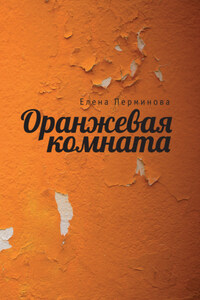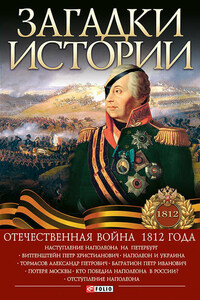Our bodies are made of cells. Mitochondria are the parts of our cells that generate the energy-rich molecules we use every instant of our lives.
Billions of years ago, mitochondria were bacterial invaders, parasites of early cells. They joined forces with their hosts; now they are essential.
‘My mitochondria compose a very large proportion of me. I cannot do the calculation, but I suppose there is almost as much of them in sheer dry bulk as there is the rest of me. Looked at in this way, I could be taken for a large, motile colony of bacteria, operating a complex system of nuclei, microtubules, and neurons, for the pleasure and sustenance of their families, and running, at the moment, a typewriter.’
– Lewis Thomas, ‘Organelles as Organism’, 1974
‘We love Comrade Stalin more than Mommy and Daddy. May Comrade Stalin live to be one hundred! No, two hundred! No, three hundred!’
– Song sung by Soviet children, early 1950s
Learn to live well, or fairly make your will;
You’ve played, and loved, and ate, and drunk your fill:
Walk sober off; before a sprightlier age
Comes tittering on, and shoves you from the stage:
Leave such to trifle with more grace and ease,
Whom Folly pleases, and whose Follies please.
Alexander Pope, Imitations of Horace
The last time I talked to Rob, I was checking my luggage at Lindbergh Field to fly to Seattle and meet with an angel. My cell-phone beeped and flashed Nemesis, code for my brother. We hadn’t spoken in months.
‘Hal, has Dad called you?’ Rob asked. He sounded wrung out.
‘No,’ I said. Dad had died three years ago in a hospital in Ann Arbor. Cirrhosis of the liver. He had choked on his own blood from burst veins in his esophagus.
‘Somebody called and it sounded like Dad, I swear,’ Rob said.
Mom and Dad had divorced ages ago. Mom was living in Coral Gables, Florida, and would have nothing to do with our father even when he was dying. Rob had stood the death watch in the hospice. Before I could hop a plane to join them, Dad had died. He had stopped his pointless cursing – dementia brought on by liver failure – and gone to sleep and Rob had left the room to get a cup of coffee. When he had returned, he had found our father sitting up in bed, head slumped, his stubbled chin and pale, slack chest soaked in blood like some hoary old vampire. Dad had died even before the nurses checked in. Sixty-five years old.
It had been a sad, bad death, the end of a rough road on which Dad had deliberately hit every bump. My brother had taken it hard.
‘You’re tired, Rob,’ I said. The airport, miles of brushed steel and thick green-edged glass, swam like a fish tank around me.
‘That’s true,’ he replied. ‘Aren’t you?’
I had been in Hong Kong just the night before. I hadn’t slept in forty-eight hours. I can never sleep in a plane over water. A haze of names and ridiculous meetings and a stomach ache from French airline food were all I had to show for my trip. I felt like a show dog coming home without a ribbon.
‘No,’ I lied. ‘I’m doing fine.’
Rob mumbled on for a bit. Work was not going well. He was having trouble with his wife, Lissa, a blond, leggy beauty more than a few steps out of our zone of looks and charm. He sounded as tired as I was and even more confused. I think he was holding back about how bad things were. I was his younger brother, after all. By two minutes.
‘Enough about me,’ he said. ‘How goes the search?’
‘It goes,’ I said.
‘I wanted to let you know.’ Silence.
‘What?’ I hated mystery.
‘Watch your back.’
